Building College-Going Communities

It can be a challenge to lift expectations in communities that do not have a strong history of sending students to college. But in our search for schools that promote deeper learning, we found five networks propelling first generation students into and through college. They create a college bound expectation, back it up with counseling, develop an academic mindset, and track success.
College expectation. The goal at Springfield Renaissance is, with “no exceptions” a “college bound” school. “From the first day of 6th grade, through student led and passage portfolios, MCAS and SAT exams, all the way to graduation, going to and completing college is our goal,” says the school’s website.
The central Massachusetts school, part of the Expeditionary Learning network, “has been designed is to provide a rigorous college-bound program that impels and supports students to use their minds well, care for themselves and others, and rise to the duties and challenges of citizenship,” said principal Stephen Mahoney. The school’s explicit and consistent attention to character traits like self-discipline and perseverance serve to reinforce the academic mindset.
According to Mahoney, the school’s “public, authentic, high-stakes performance assessments certainly draw the most attention. But ensuring that students’ voices are heard within each day’s class debrief, the common use of protocols such as Socratic seminars, fishbowls, and save the last word are as important if not more in reaching this population.” In order to make communication a daily experience, he has instituted monthly student-led class and division meetings and worked with his staff to create a curriculum that requires consistent student engagement.
“What is important to keep in mind is that our college bound mission is not driven by the need for status,” says the school’s website, “It is our fervent hope that our students will use their college degrees to use their minds well, care for themselves and each other, and rise to the duties and challenge of citizenship.”
College counseling. IDEA Public Schools is a south Texas school network that “prepares students from underserved communities for success in college and citizenship.” IDEA is committed to “College For All Children” and has sent 100% of its graduates to college for six consecutive years.
The first IDEA school in Donna has received authorization from the International Baccalaureate (IB) organization to offer the Middle Years and Diplomma Programmes. IDEA students also participate in the Road to College curriculum, administered by full-time college counselors, beginning in sixth grade. The curriculum, developed with Uplift Education, a Dallas IB network, describes what it takes to succeed in a college or and the barriers often faced by first generation students.
Academic identity. “We specifically target students who are the first generation to go to college in their families and then we focus on both skills and experience,” said Envision Education superintendent Gia Truong. “Some schools focus more on skills, some focus more on experience; we focus on both in order to make sure that our graduates are really college ready.”
Like the two other Envision Bay Area high schools, Impact Academy stresses core competencies include research, inquiry, analysis, and creative expression. The Impact team focuses on deeper learning across the curriculum: thinking critically, collaborating productively, communicating clearly and managing projects effectively.
In the first two years of high school, the advisory period is focused on helping students develop an academic identity–getting to know who they are as learners. The upper division advisory is geared toward work experience and researching and selecting a college.
The idea that “students learn most effectively when the coursework is engaging and relevant to their lives” is central to project-based learning. Truong said, “Our students put their knowledge to work while tackling complex, real-life problems and questions. Students are encouraged to know, do, and reflect. The reflection piece is critical and Impact emphasizes the importance of taking a set of knowledge and skills and having the ability to apply that to new situations and problems.
Tracking success. The International School of the Americas (ISA) in San Antonio pledges to graduate reflective life-long learners, individuals who approach each new experience mindful of previous learning and open to the possibilities of new learning and growth.
ISA students develop a four-year portfolio tracking academic growth in each subject as well as Habits of Mind. Seniors present their portfolio to demonstrate that they have exhibited mastered ISA Performance Outcomes: Investigate the World, Recognize Perspectives, Communicate Ideas, and Take Action.
Summit Public Schools, an innovative Bay Area high school network, built Activate, a learning management system with Illuminate Education, to manage their student-centered learning environment. The college and career readiness system will track growth trajectory of knowledge, skills, and success habits against college goals (see picture; I don’t know of anyone else thinking about goal-focused tracking on these dimensions). Students falling short of their planned growth trajectory, on any front, will see a big red warning system. The system will also need to translate the innovative experiences into credits and grades for application to traditional universities.



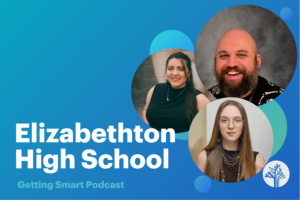
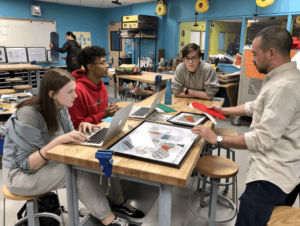
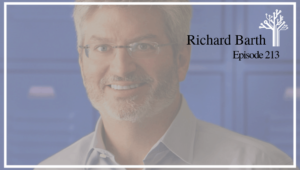
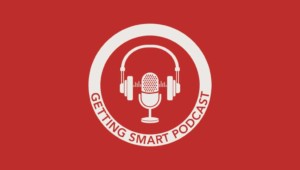
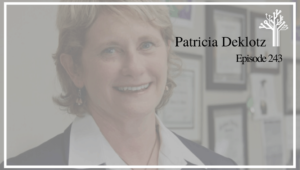
0 Comments
Leave a Comment
Your email address will not be published. All fields are required.